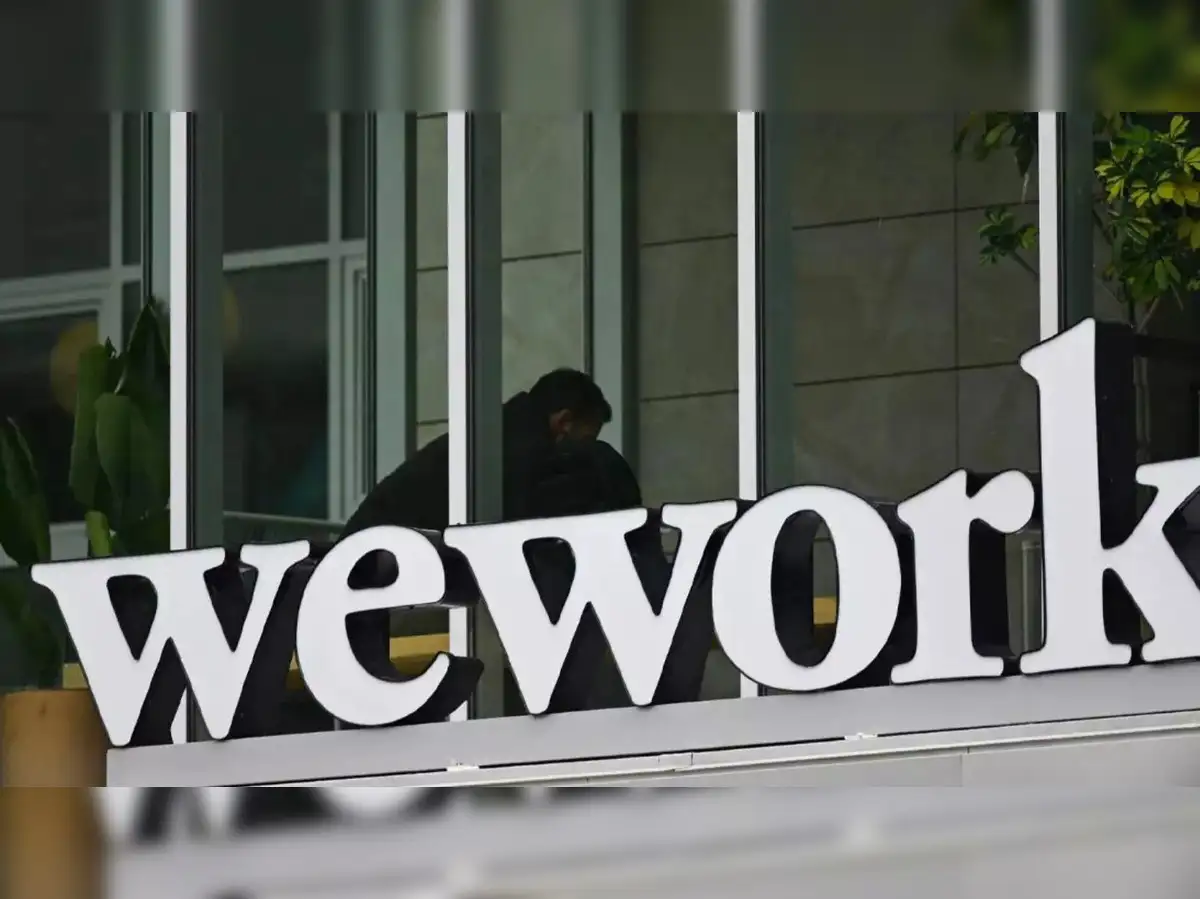Now Reading: Ensuring Fair Play in India’s AI Landscape: CCI’s Call for Oversight
-
01
Ensuring Fair Play in India’s AI Landscape: CCI’s Call for Oversight
Ensuring Fair Play in India’s AI Landscape: CCI’s Call for Oversight

India’s artificial intelligence (AI) sector is experiencing rapid growth, with projections indicating it could reach $31.9 billion by 2031. However, a recent study by the Competition Commission of India (CCI) raises concerns about the concentration of power in the hands of a few large firms, potentially stifling competition and innovation.
Dominance of Big Tech in AI
The CCI’s study highlights that major technology companies, often referred to as “hyperscalers,” possess significant control over critical resources such as data, computing infrastructure, and foundational AI models. This dominance can create substantial barriers for smaller players, including startups and medium and small enterprises (MSMEs), limiting their ability to compete effectively in the AI market. Hindustan Times
Risks of Market Distortion
The report identifies several risks associated with the current AI market dynamics:
- Algorithmic Collusion: The potential for AI systems to engage in coordinated behaviors that undermine competitive pricing and market fairness.
- Opaque Algorithms: Lack of transparency in AI decision-making processes, leading to accountability issues.
- Exclusive Partnerships: Strategic alliances that may restrict access to essential AI technologies and data.
These factors contribute to an uneven playing field, where smaller entities struggle to gain a foothold. mint
Recommendations for a Balanced Ecosystem
To address these challenges, the CCI recommends several measures:
- Self-Audits by Companies: Encouraging businesses to conduct internal reviews of their AI systems to ensure compliance with competition laws.
- Enhanced Transparency: Promoting openness in AI algorithms to reduce information asymmetry and build consumer trust.
- Regulatory Engagement: Strengthening collaboration with international competition authorities to align India’s AI governance with global standards. mint
Implications for Tier 2 Cities
While the focus has often been on major urban centers, the implications of AI market dynamics extend to Tier 2 cities as well. In these regions, where MSMEs are more prevalent, the challenges of accessing AI resources and technologies can hinder local innovation and economic growth. Ensuring equitable access to AI tools and data is crucial for fostering a competitive and inclusive digital economy across the country.
Conclusion
As India positions itself as a leader in the global AI landscape, it is imperative to create a regulatory environment that promotes fair competition and innovation. The CCI’s study serves as a timely reminder of the need to balance technological advancement with equitable access, ensuring that the benefits of AI are widely distributed and not concentrated among a few dominant players.
























